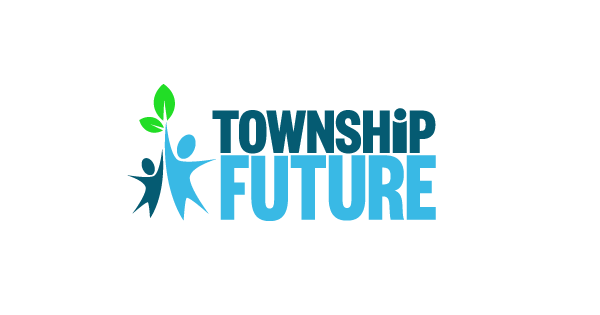FALSE STATEMENT: We just can’t say whether the mandatory Franchise Fee will come out of residents’ pockets and businesses budgets.
The Franchise Fee is a pass-through tax for cities. City utility customers pay the utilities an add-on fee and the utilities pass on that revenue to the city. We now know that all but $1M of the $7.6M Franchise Fees used to determine the maximum tax rate on the ballot will be NEW charges to utility customers and that $1M will be a new charge in 2023. So, that equates to a hidden 14% increase (3.16 cents) to the property tax used on the ballot.
Franchise fees were developed as a less transparent, politically palatable, means of collecting taxes on behalf of cities. The theory is that cities are being compensated for use of the right-of-ways used by utilities for lines and pipes. All cities collect franchise fees from utilities. Utilities can and do pass through these fees to utility customers situated in the city. Many utility customers mistakenly believe that these fees benefit the utility, but they are to the benefit of the city without many city residents recognizing that they are really paying what is referred to as “a pass-through tax”.
Several years ago, when the issue first arose, (former) Director McMullan explored a mechanism for including this additional “tax” on the ballot in order to fully inform the voters of the costs to them of incorporation. There was not a consensus on the Board to do this. The Financial Plan used to calculate the “no new tax rate” on the ballot included $7.6M in revenues from franchise fees (utility customers). That equates to a 14% increase in the property tax (3.16 cents). But you will not see that 3.16 cents on the ballot. Ken Maggert, a 45-year resident, again raised the issue of this “hidden tax” at the August 25th Board meeting. This does not feel like the “transparency” that the Board promised us.
In fact, the Chairman seemed intent on obfuscating this issue from the start. Ever since the topic of franchise fees arose in the context of incorporation, Chairman Bunch repeatedly stated that they have tried to find out how much of those fees would be new to The Woodlands’ residents and businesses and how much would be additional expenses to OUR pockets. He was implying that residents and businesses were already paying this tax, but someone else was receiving it – probably the development company, who would be the only entity eligible to receive access fees (which are franchise fees for private property owners). The Chairman repeatedly claimed that neither the utilities, the developer, nor the state of Texas (who is the clearinghouse for the pass through) would provide him any information. After hearing Mr. Maggert’s comments on the 25th, Director Ann Snyder contacted a Howard Hughes representative and determined that of the $7.6M franchise fees revenue in the 4th year of incorporation (which was used for the ballot), 100% would be new expenses to city residents and businesses. The only access fee collected by Howard Hughes is $1M annually from Comcast and that contract expires in 2023.
Franchise fees have been portrayed as a “Pro” of incorporation because it is additional revenue to the City that the Township cannot collect. More accurately, franchise fees are a “Con” to residents and businesses who will be required to pay more taxes and make it more expensive to live or work in City of The Woodlands.
